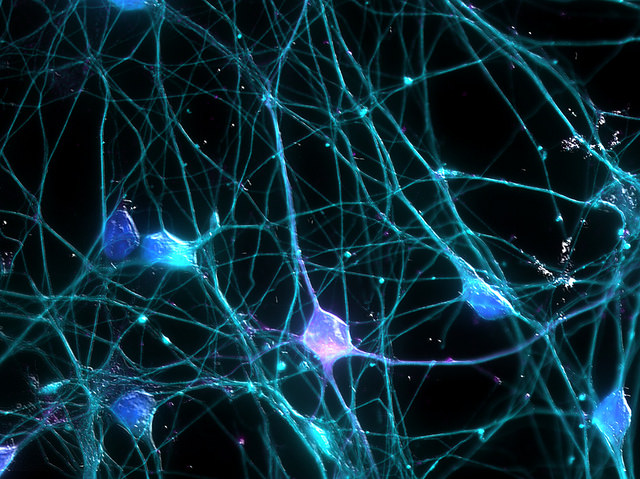Obesity is a major health problem in the United States, and more than one-third of US adults are considered obese. Obesity is linked to conditions like heart disease, stroke, type 2 diabetes, and some types of cancer, which are many of the leading causes of death in the United States. Understanding the mechanisms behind fat gain and loss can help us to develop anti-obesity therapies in the future.
Twenty years ago, the hormone leptin was identified and found to play a role in communicating fat levels in the body to the brain. Leptin was discovered when Jeffrey Friedman studied obese mice to find the obesity gene, or “ob” gene, and purified its product, a hormone he named “leptin”. Leptin is produced by fat cells in proportion to the amount of fat in the body, and this information is sent to the brain. The hormone serves to maintain the body’s fat mass without too much variation. Increased appetite and a lower metabolism result from low leptin levels, while a decreased appetite and higher metabolism are caused by high leptin levels. Until recently, however, it wasn’t understood how the brain communicates responses back to the fat cells.
Image Source: Martin McCarthy
A recent study, led by Ana Domingos at Instituto Gulbenkian de Ciência in Portugal, has shown that white fat is innervated, meaning that there are neurons present in the tissue, connecting it to the nervous system. The researchers discovered this by dissecting nerve fibers from mouse fat and then using molecular markers to identify the fibers as sympathetic neurons. They also discovered that activating these neurons led to the release of norepinephrine, a neurotransmitter that triggers fat breakdown.
This indicates that the brain, after receiving information from leptin about the levels of fat in the body, can activate neurons in fat to induce fat breakdown if the levels of fat are too high. Moreover, this research has useful implications for anti-obesity therapies involving neuronal stimulation to increase fat loss. It could also lead to future treatment options for people with central leptin resistance, a disorder that results in obesity due to the brain’s insensitivity to leptin.
Feature Image Source: Neurons by UCI Research










